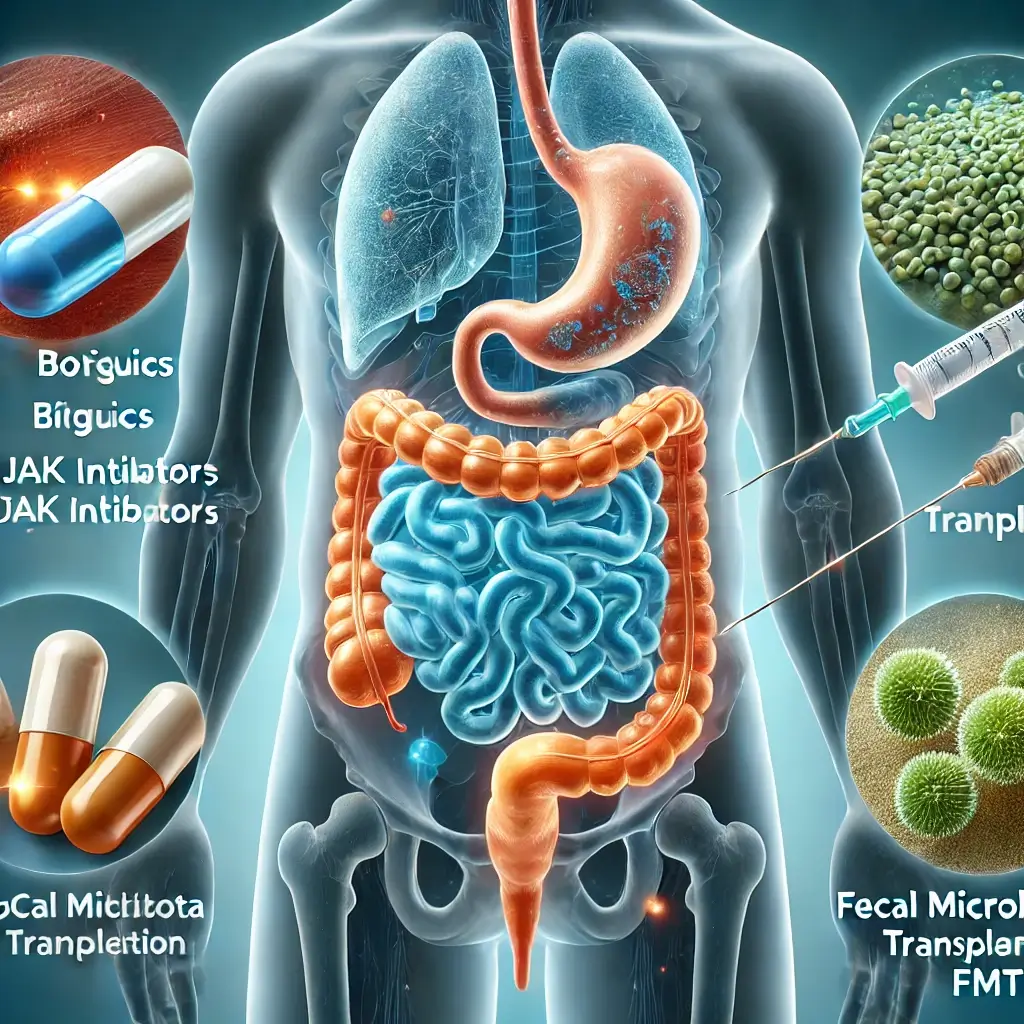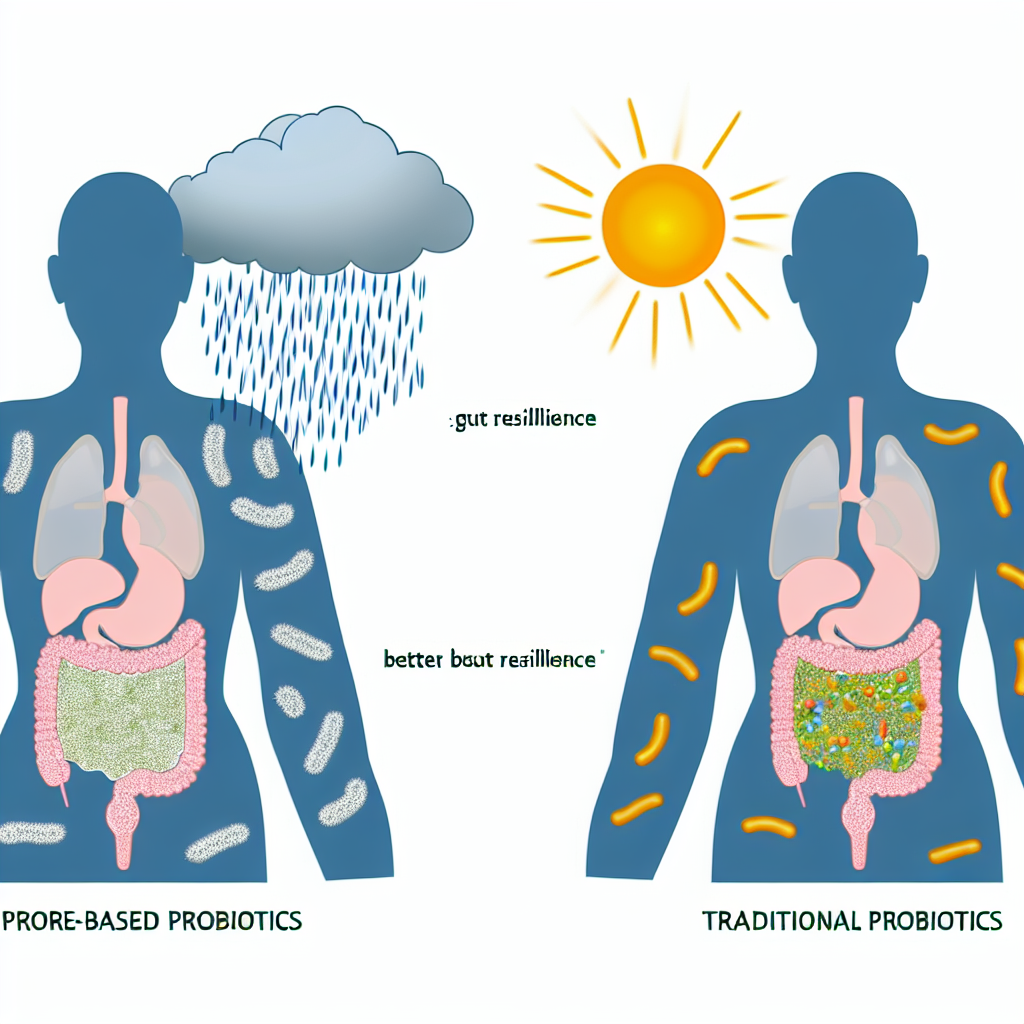How Interoception Training Enhances Digestive Awareness and Healing
Unlock the mind-gut connection through the power of interoception and natural healing.
Discovering the Hidden Link Between Mind and Gut
In recent years, the conversation around gut health has expanded beyond diet and probiotics to include a more nuanced, holistic understanding of the mind-body connection. Central to this emerging field is the concept of interoception—the body’s ability to sense its internal state, including hunger, fullness, pain, and even the subtle rhythms of digestion. Interoception serves as the bridge between the autonomic nervous system and conscious awareness, playing a vital role in maintaining not just emotional balance but also gastrointestinal health.
The vagus nerve, a key player in the gut-brain axis, mediates much of this communication, sending signals from the gut to the brain and vice versa. By training our ability to perceive these internal signals accurately, we can uncover powerful tools for managing symptoms of conditions like Irritable Bowel Syndrome (IBS), functional dyspepsia, and other gastrointestinal distress—all without heavy pharmacological intervention.
Interoception training involves intentional practices that heighten awareness of internal sensations. These can include mindfulness meditation, breath work, biofeedback, body scan techniques, and even certain forms of yoga. The core goal of these practices is to fine-tune our internal perception, so individuals can better interpret signals related to digestion, including gas, bloating, motility patterns, and inflammation cues. This heightened visceral awareness can lead to earlier intervention, improved emotional regulation, and better decision-making when it comes to food choices and stress management.
An increasing number of patients are turning to natural cures and integrative approaches to address chronic digestive issues. Many of the most common gut-related ailments are labeled as “functional” disorders, meaning they don’t show up on standard diagnostic tests, yet they significantly affect quality of life. In these cases, improving one’s interoceptive skills has been shown to contribute not only to the alleviation of symptoms but also to deep, sustainable healing of the entire gut ecosystem.
As gut health is intrinsically linked to mental wellness, immune function, and hormonal regulation, interoception training may serve as a foundational approach to support natural healing across the body. By developing this “sixth sense,” individuals gain a unique tool for navigating their digestive health from the inside out.
Science-Backed Benefits: How Interoception Supports Gut Health
A growing body of research supports the connection between improved interoceptive awareness and better gastrointestinal health outcomes. One study published in Frontiers in Psychology (2020) explored how interoception, particularly through mindfulness-based interventions, can benefit those with functional gastrointestinal disorders. Results indicated that individuals who engaged in regular mindfulness practice reported significant reductions in gut-related symptoms and improved quality of life. These benefits were attributed to the increased signal clarity between the gut and brain—a direct outcome of heightened interoceptive sensitivity.
A landmark study from the Journal of Psychosomatic Research (2017) researched the impact of heart rate variability (HRV) biofeedback, a facet of interoceptive training, on patients with IBS. The findings revealed improved vagal tone and reduced symptoms in participants, showing how autonomic regulation could be achieved naturally by tuning into and enhancing internal bodily cues.
Additionally, neuroscientific evidence supports the role of specific brain areas in digestive interoception. Research published in Nature Neuroscience highlighted the role of the insular cortex in interpreting signals from visceral organs. Interoceptive training methods help stimulate and strengthen this part of the brain, leading to better recognition and integration of gastrointestinal sensory information. This means a person can become more adept at detecting inflammation, motility disruptions, or food sensitivities, and respond appropriately.
Holistic Healing in Practice: Interoceptive Therapies That Work
From a therapeutic perspective, interoception training is gaining traction in integrative medicine clinics. Programs that include body scan meditation, mindful eating, and gentle movement therapy have resulted in positive outcomes among patients with chronic digestive disorders. These interventions often reduce the need for medications that only treat the symptoms rather than the root cause.
Moreover, interoception positively influences the enteric nervous system, often referred to as the “second brain,” which governs gastrointestinal activity. Practices like diaphragmatic breathing and gentle yoga help recalibrate vagus nerve signaling, stabilizing gut motility and secretion. This biofeedback loop enables the gastrointestinal tract to function more efficiently and resiliently.
Overall, the evidence suggests that interoception training doesn’t just benefit mental clarity or emotional regulation—it has direct and measurable impacts on gut function and overall gastrointestinal well-being. This positions interoceptive therapies as a compelling addition to herbal and holistic treatment regimens for those looking to naturally improve their digestive health.
Conclusion: Embrace Interoception as the Future of Gut Healing
In the ever-evolving realm of gut health, interoception training stands out as a transformative practice with both psychological and physiological benefits. By turning inward and learning to understand the body’s internal signals, individuals empower themselves to manage and even reverse chronic digestive issues without invasive treatments or pharmaceuticals. With emerging science reinforcing the effectiveness of these methods, integrating interoceptive awareness into daily wellness routines represents a forward-thinking, holistic avenue for healing. As the medical community continues to embrace more natural and patient-centered approaches, interoception may well become a cornerstone of gut health maintenance and digestive recovery.
For more insights on natural gut healing methods, visit www.gutnow.com.
References
- Khalsa, S. S., & Lapidus, R. C. (2016). Can Interoception Improve the Diagnosis and Treatment of Mental Illness? American Journal of Psychiatry, 173(9), 915–918. https://doi.org/10.1176/appi.ajp.2016.16020276
- Farb, N. A., Segal, Z. V., & Anderson, A. K. (2013). Attentional Modulation of Primary Interoceptive and Exteroceptive Cortices. Cerebral Cortex, 23(1), 114–126. https://doi.org/10.1093/cercor/bhr385
- Meier, R. N., & Walker, L. S. (2020). Functional Abdominal Pain and Interoception: A Model and Research Review. Frontiers in Psychology, 11, 547.
- Lehrer, P., Sasaki, Y., & Saito, Y. (2009). Zazen and Cardiac Variability. Psychosomatic Medicine, 71(5), 587–595. https://doi.org/10.1097/PSY.0b013e3181a274f6
- Weng, H. Y., Feldman, J. L., Leggio, L., Napadow, V., Park, J. (2021). Interoception, the Autonomic Nervous System and Health and Disease. Neuroscience & Biobehavioral Reviews, 127, 132-144. https://doi.org/10.1016/j.neubiorev.2021.04.022
Concise Summary:
Interoception, the ability to sense internal bodily signals, is emerging as a powerful tool for improving gut health. By training interoceptive awareness through practices like mindfulness, breathing, and gentle movement, individuals can enhance the gut-brain connection, alleviate symptoms of digestive disorders, and support natural healing within the gastrointestinal system. The science-backed benefits of interoception training include reduced IBS symptoms, improved vagal tone, and better recognition of inflammation and food sensitivities. As a holistic approach, interoception represents a forward-thinking avenue for maintaining digestive well-being.

Dominic E. is a passionate filmmaker navigating the exciting intersection of art and science. By day, he delves into the complexities of the human body as a full-time medical writer, meticulously translating intricate medical concepts into accessible and engaging narratives. By night, he explores the boundless realm of cinematic storytelling, crafting narratives that evoke emotion and challenge perspectives.
Film Student and Full-time Medical Writer for ContentVendor.com




